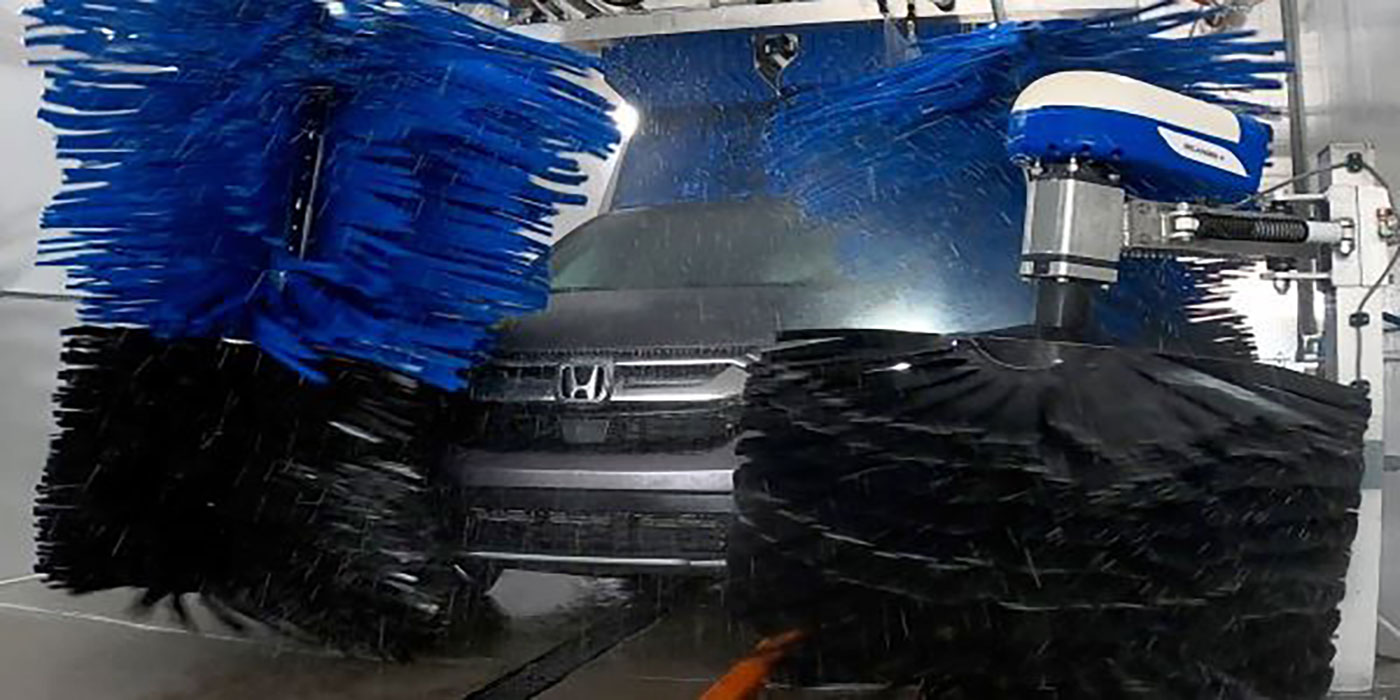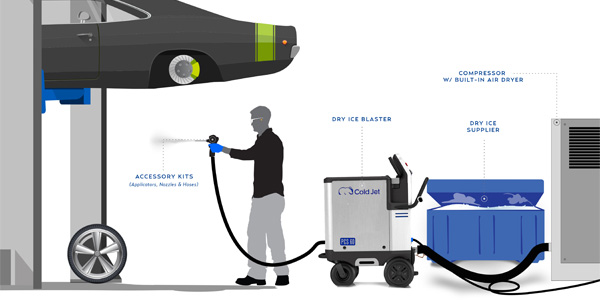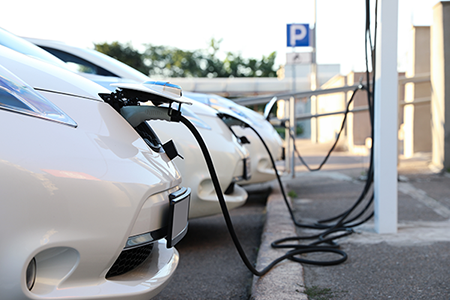Online Reputation Affects Revenue Opportunity More Than Ever Before
In 2021, every business owner should have at least a basic idea of what online reputation is and why it matters. From the earliest days of Google to the explosion of social media, the way companies are perceived online has directly influenced broader consumer sentiment, creating and negating revenue opportunities across the board.
This is especially true for automotive retailers. Because they’re the definition of a local business with an outsized presence in the community, dealerships are extremely susceptible to shifts in consumer mood and perception.
Those shifts can go one of two ways. Ideally, dealers can ride high by establishing themselves as honest, reliable, and responsive to their customers’ needs. Widespread goodwill can create revenue opportunities where none existed before. You always want your dealership to be the first to come to mind – for the right reasons – when someone needs a new vehicle or service.
The alternative? It only takes a handful of bad experiences – or, if you’re very unlucky, a single negative experience that goes viral online – to send your digital reputation into a downward spiral. It can be difficult to dig yourself out of the hole once your business has been labeled as untrustworthy, unreliable, or offering poor customer service.
This can become a vicious, self-fulfilling cycle as loss of revenue opportunity eventually shrinks profit margins, making it harder to keep top talent and tools and leading to an increasingly worse version of your dealership over time.
Online Reputation is More Important Than Ever
Now, none of this is necessarily new information, yet reputation management is so easily overlooked. Perhaps it’s because there’s no secret formula to success, no one thing you can do amazingly well to maintain a good online reputation. On the contrary, it really is the result of doing a range of things well that leads to a positive digital reputation, such as:
- Engaging prospective customers with relevant, valuable content.
- Responding quickly, honestly, and in good faith to criticism or complaints.
- Carefully monitoring media exposure, consumer sentiment, and trending themes and keywords.
And, it turns out this is more important today than it has ever been. Why? Because as more and more of our lives shift to the digital space (accelerated in the last couple of years by the pandemic), your online reputation may now actually take precedence over your “real world” presence. If nothing else, it will at least be the version of you that consumers are most likely to encounter first.
Consider the following, eye-opening statistics pulled from a compilation report by digital agency Status Labs:
- 87 percent of consumers read reviews online for local businesses in 2020 – a 6 percent increase from 2019 and a 20 percent increase from 2010.
- 79 percent of online users report trusting online reviews as much as personal recommendations from friends or family.
- 72 percent of US consumers reported having written an online review in 2020, a 6 percent jump from 2019.
- 94 percent of consumers report that positive reviews make them more likely to use a business.
- 92 percent of consumers are less likely to frequent a business after reading negative reviews.
- Only 48 percent of online users would consider using a business with an average rating under four stars, and only 19 percent of online users would consider a business with fewer than three.
This is only a sample of the data available, but it paints a clear picture: Customers are basing their decision to give your company a chance (or not) on your established digital reputation. What your existing customers have to say about you and the way you do business directly affects what kind of revenue opportunities you’ll have further down the line.
Again, this is especially true for dealerships due to their localized nature. From the same report, we learn that 97 percent of people learn more about local companies online than from any other resource; nearly half of all Google searches are looking for local information; and “near me” or “close by” type searches are growing exponentially.
How Should Dealers Respond?
What’s the appropriate response here? It’s worth taking a step back to reevaluate how your dealership currently handles its reputation management.
First of all, is there a cohesive, coherent strategy in place? Do you have dedicated resources ensuring your business is actively engaging with consumers and monitoring what’s being said about your brand online? Is your approach proactive or reactive?
Your digital presence can be surprisingly complex, but it’s critical to understand because it connects to a variety of areas focused on capturing new revenue opportunities (such as organic ranking and paid placement on SERPs, on-and-off site SEO, and responsive web design to account for mobile devices).
That means this is one area where it pays to turn to the experts and enlist the help of a trusted marketing partner – preferably one with a proven track record who guarantees transparency and accountability.
Ultimately, though, the decision to start prioritizing online reputation begins with the dealer. Only after dealers make that investment will they be able to capitalize on newly created revenue opportunities like never before.
This article is sponsored by Naked Lime.














